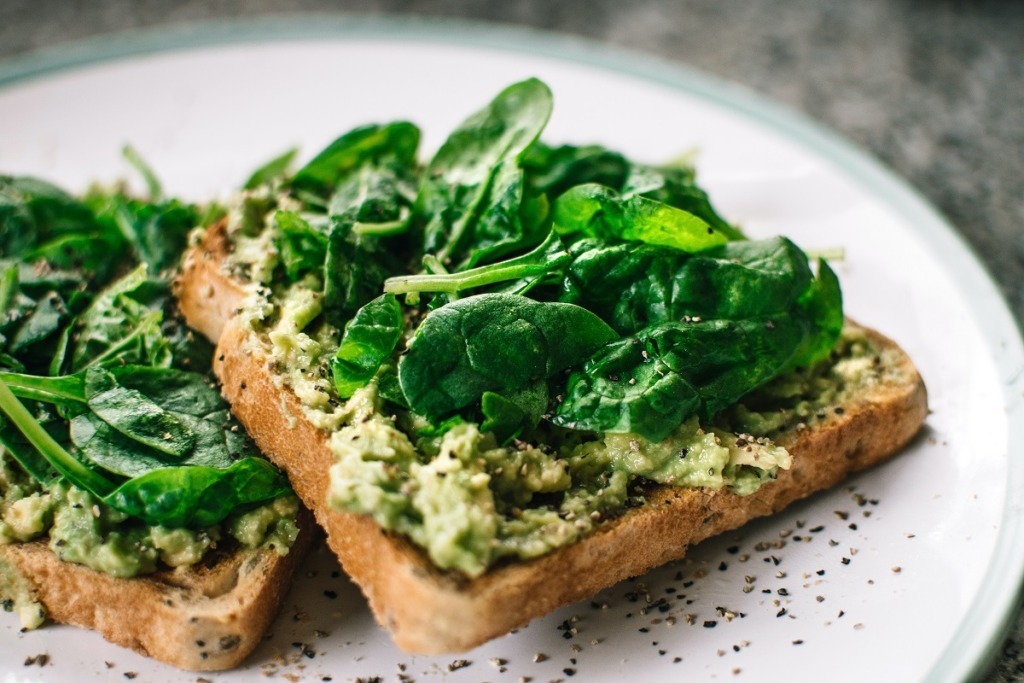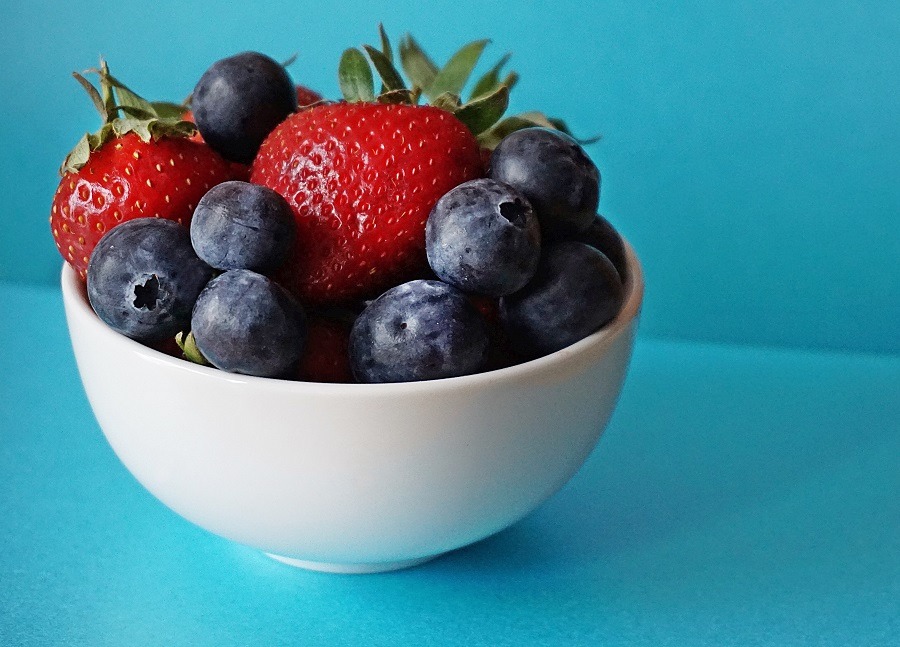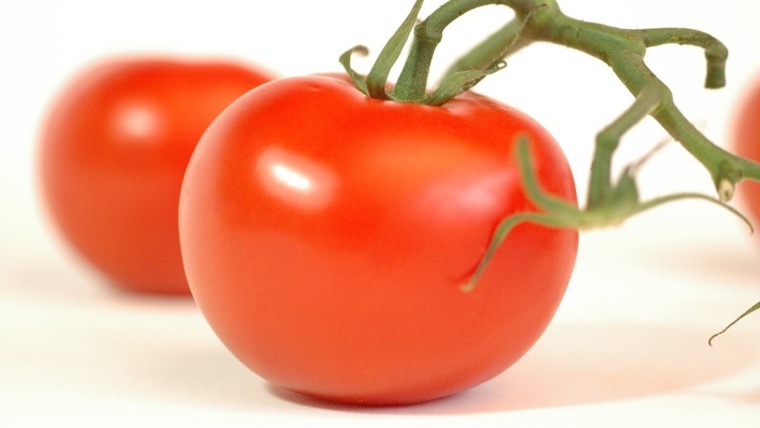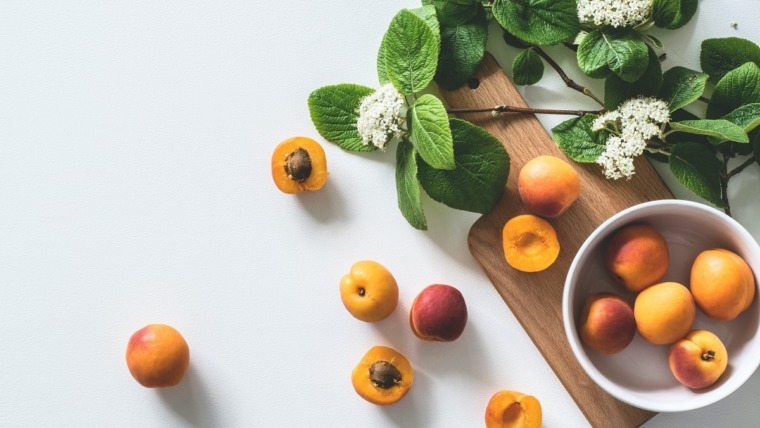
Thinking Outside The Processed-Foods-Box
Written by Adriana Krueger
No chopping, no cooking, hardly any washing up and a hot meal in no time. Processed foods are wonderfully practical. But are they healthy? Salad from the bag, vegetable soup to mix, the complete meal in the aluminium bowl - the range of ready-to-eat products is huge. Where there is a lack of time, talent or desire, the industry always has a solution ready, and anyone who wants can leave the complete food preparation up to it. In modern kitchens, there is no longer even a need for a stove, as there is a wide range of dishes for the microwave. Two-thirds of food is industrially processed, and the trend is rising.
But How Healthy Is That?
Convenience food is what the food trade calls the large and constantly growing group of finished products. And this name says it all since these are foods for which the industry has already done some of the work for us: Depending on the degree of processing, they save you the preparation including seasoning.
A rough rule of thumb:
The Convenience Trap
No question, convenience saves a lot of time. And your favourite frozen pizza always tastes just as delicious. However, this has its price: In order to keep the quality and taste constant, the manufacturers almost always use additives, aromas and flavour enhancers. The higher the degree of processing, the more. The fact that broccoli packet soup tastes like broccoli is not due to the broccoli itself. The chemistry makes it possible.
The eponymous vegetable of such soups is usually only contained in traces.
On The Industrial Drip
Food designers, chemists and technologists have been involved in every finished product that hits the market. They ensure that the taste buds are given the impression of a real meal and real products. They are often even better than natural products. For example, strawberries are no longer sweet and intense enough for many children today.
They are familiar with the taste of the industrial copy from milkshakes or yoghurts, the original cannot keep up. Such taste experiences shape a lifetime: Growing up with processed foods instead of fresh products will make it difficult to convince them of the benefits of real fruit and vegetables as an adult.
The complete menu from the microwave is wonderfully practical. No snipping, no cleaning but also: little scope for an individual diet. If you leave the cooking to the food companies alone, you can hardly influence how much fat, salt and sugar you eat – substances that are usually found in abundance in processed meals. In addition, because of the sheer convenience, many people easily forget that many things can be done by yourself with just a few simple steps. Made from real ingredients and without any flavour enhancers.
Natural Food Made Easy
A natural diet is associated with a number of positive aspects. Compared to products such as processed foods that are available in the supermarket, natural ingredients and, accordingly, the natural diet are more nutritious and have hardly any empty calories. Mother nature offers plenty of foods that are fresh, healthy and can contribute to a high degree of health. A natural diet is about preferring and enjoying those natural ingredients that nature provides. Fruit and vegetables, whole grain cereals, oils, nuts, legumes, herbs and spices, but also dairy products should therefore be found in large quantities on the daily menu. Naturally one should also eat fish, meat and eggs. In an untreated and unprocessed form, such foods are rich in minerals, vitamins and the like.
Healthy Foods Prevent Diseases

Many new studies have already been able to prove that a natural diet with unprocessed foods can make a significant contribution to health. Natural products are usually rich in fibre and antioxidants, so many diseases can be prevented or even alleviated. Food that is not natural, but rather industrially processed, contains many inferior fats, isolated carbohydrates and a lot of sugar instead of vital substances and micronutrients. This ensures that there is an ongoing inflammatory process in the body. This in turn results in numerous civilization diseases.
Due to chronic inflammatory processes, chemical messengers are favoured in the body. On the other hand, they cause many chronic diseases such as heart disease, high cholesterol levels, high blood pressure, diabetes or joint problems.
Accordingly, a healthy and natural diet cannot only prevent or have a positive influence on various civilization diseases but also completely heal them.
Use Unprocessed Foods For A Natural Diet
A natural diet involves accessing unprocessed foods. Ingredients that are free from harmful substances play an important role in this diet. With such a diet, one should primarily resort to fresh, organic foods. This is particularly important when feeding young children, as they are more sensitive to chemicals. The advantage of food that comes from organic farming is not only the fact that it contains few harmful substances but organically grown crops also have many positives such as 60% more antioxidants according to a British study.
Seasonal Products Ideal For A Nutritious & Healthy Diet
A natural diet that is healthy is characterised by foods that are very rich in nutrients. However, foods contain the most nutrients when they are harvested in season. The riper they are, the more phytonutrients, minerals and vitamins remain in the food. However, a large part of the important vital substances is lost due to storage and transport. Therefore, one should increasingly access regional fruit and vegetables in the natural diet. The way from the fields to the supermarket is usually not long. This ensures the products are not only rich in nutrients and freshness, but also have a good taste. If you only use organic products, you can't go wrong, because certified organic products are always seasonal without exception.
See natural eating as a gain, not a loss. Therefore anticipation is necessary: Eating healthy and mindful is fun! Look forward to being fitter, slimmer and more balanced soon. Think outside the processed-foods-box into a healthy future!
Thinking Outside The Processed-Foods-Box Thinking Outside The Processed-Foods-Box



